THE NUMBERS
In making the case for economic mobility in the City of Spartanburg, we maintain the goal of shining a light on the inequities and disparities in our communities with the use of both qualitative and quantitative data — narratives and numbers. Remaining curious, asking the right questions and candid conversations will lead us to a healthier community where all can live and thrive.
A child born in poverty in Spartanburg County has only a 4.3% chance of ever moving into the top 20% of income earners. Those odds become much lower in areas of higher poverty concentration in the City of Spartanburg — particularly in the north and south sides.
Do you notice a trend in the Southeast?
Source: Opportunity Insights
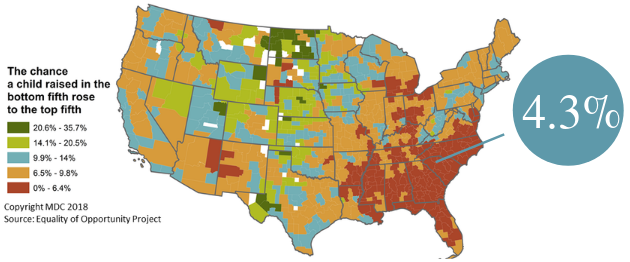
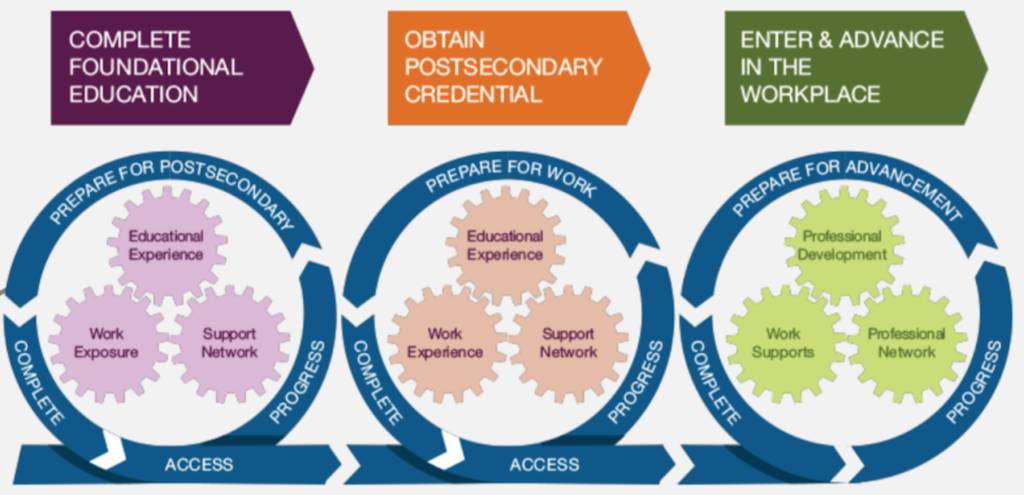
In reviewing the Pathway of Economic Mobility (pictured), we discovered that cultural norms, systems and policies can create inequitable experiences, resources, opportunities or advantages throughout our Spartanburg communities. The top 5 barriers to economic mobility are Residential Segregation, Income Inequality, Local School Quality, Family Structure and Social Capital.
The highest percentage of residents in poverty within the City of Spartanburg are children age 18 and under. This age disparity shows that the City’s most vulnerable residents are unable to significantly impact their financial status by advanced education nor workforce participation.
A second data point displays a glaring racial disparity in that 38.7% of all City residents in poverty are African-American.
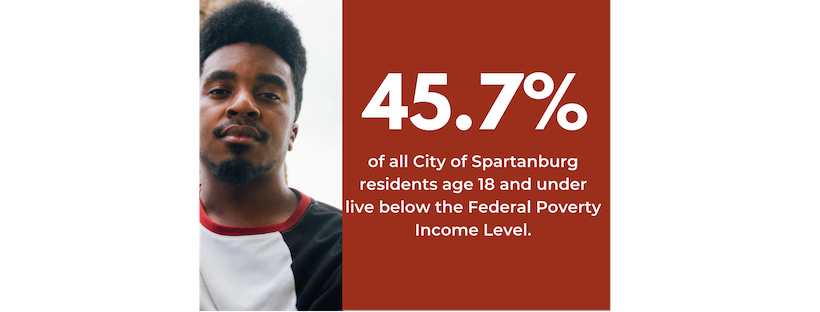

National data trends show that family structure is a strong indicator of poverty. Only 6% of married couples in Spartanburg are considered to be in poverty. In a drastic comparison, 61% of single-female households with children under 18 live in poverty. That number increases to almost 74% for single-female households with children age 5 and younger.
Data interpretation can be just as important as the data itself. Spartanburg Network for Economic Mobility seeks to view data through a systems lens that filters down to the impact on individual citizens.
“There is no such thing as a poor child. There are only poor families with which these children live. Children are poor because they live in families that are poor, and poor families live in conditions that are under-resourced and insecure.” — David Dodson, President, MDC
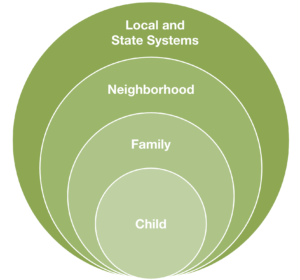
More Information
For more information or questions, please contact Travis Wharton, Project Manager, at (864) 313.2820 or twharton@spcf.org.


 Confirmed in compliance with National Standards for U.S. Community Foundations.
Confirmed in compliance with National Standards for U.S. Community Foundations.